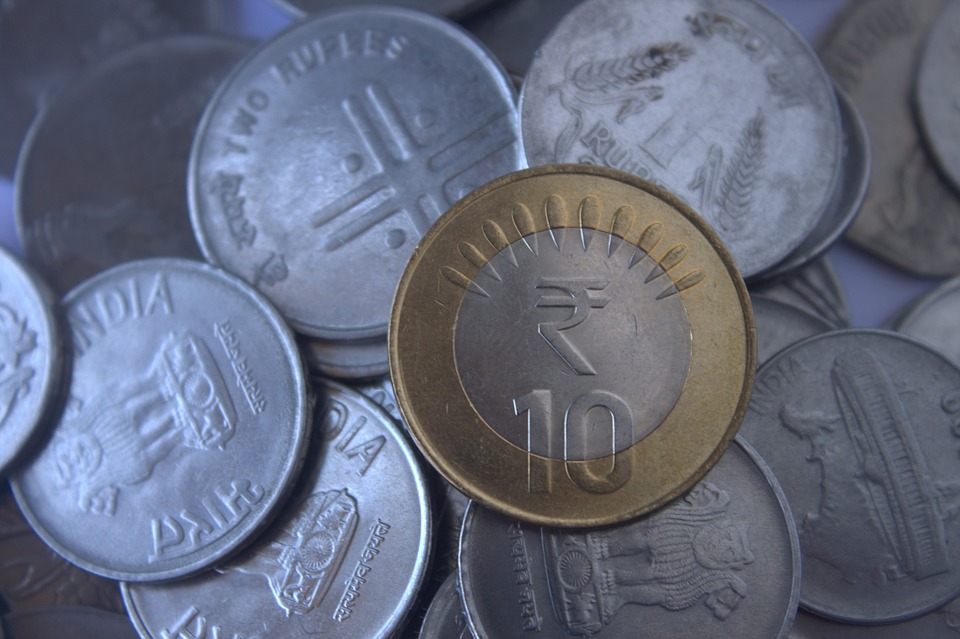
All of us love to travel. Ok, may not all of us, but most of us surely do. But going on a holiday requires money. You have to book tickets, accommodation, rent cars and of course spend money on food and other expenses. In the personal finance jargon, travelling is a discretionary expense, which means you can actually do without it or cut down on it. Expenses like paying your house rent, your EMIs or school fees for your children, on the other hand are expenses you cannot cut down on. But for those of us whole love to travel, we will not really live without it. Here is why having a travel budget is important. It helps you plan your vacations better and ensures that you make the most of your hard earned money. Let us see how.
How much can you save for travel? We all earn a certain income and have certain expenses. Ideally, the expenses should be less than the income which gives us a surplus every month. But this money needs to be invested for the future which could be for education of kids or to provide for retirement. Keeping both these in mind, how much can you put away every month for travel purposes?
A back of the envelope calculation will give you the answer. Here, again, the only way to save more for travel is to cut down on other expenses you can cut down on- the ones we mentioned are discretionary expenses. So you can put off buying a gadget and direct that money towards travel, eat out less, spend less on your newer car or such. Remember, whatever your income be, you can save only a certain amount and if you are looking forward to travel more, you have to do without something else.
How often can you travel? To know this, you need to have an idea of how much each trip will cost you. Here of course there will be a big range, a small weekend trip can cost you as less as Rs 5,000 while a fortnight’s Europe trip with family will cost you about 10 lakh rupees or more. Your holidays have to be a mix of small trips, slightly larger trips and then the big, expensive trips that you can do once in while. You also have to keep factors like leaves in mind and in case you have children, their holidays. Looking at your leave calendar and number of leaves you can get will give you an idea of what are the possible number of trips you can do.
Let us take an example. Say you are a couple with one kid and both of you together can save Rs 25,000 every month on travel. This means a savings of Rs 3,00,000 lakh every year. In a three year span, in which you will have a total savings of Rs 9 lakh, you can pack in a dream foreign trip ( Rs 6 lakh) , two major trips in India ( Rs 2 lakh ) and other trips which can add up to another lakh. To do any trips beyond this, you would need to break into your savings which is not a good idea. While you may not consider your weekends trips, any vacation that costs more than Rs 10,000 needs to be on your radar, so that you can financially plan for it.
Save for your vacations: In the calculation above we did not consider any growth in the money you are saving up for travel. But that is not the case. Money when saved or invested grows , that is they give you a return on investments. Here the idea is simple, if you put your money in a bank Fixed Deposit, your money will give you returns at a low rate (of 7 per cent) but they will be guaranteed returns. The way to get higher returns is to invest in mutual funds and stocks , but in this case returns over a shorter period may be very good or very bad depending on the performance of the markets. Ideally, for trips that you are planning within a year or two, you should put away your money in recurring deposits of banks that give you a fixed return on your money after you deposit a fixed amount every month. At the end if the tenure you get back the money with interest. 
So if you are depositing Rs 20,000 every month for 2 years you get back Rs 5, 16,396 or earn an interest of Rs 36,396. For any trip you are planning with a larger time horizon, monthly investments in SIPs of mutual funds are recommended as they should allow you to earn higher returns on your money over a longer term which could be in the range of 10-12 per cent. Ideally, you should save invest your travel fund in both kinds of investments so that a part of your money is secure and the other part has a chance to grow.
Like any other goal, your travel goals will become more achievable if you have a plan in place. Sometimes you may feel that a dream foreign trip may never be possible as it is very expensive. But you can plan for it in advance and make it happen. It might mean that you cut down on other trips for a few years, but then it is worth it too. After all, as someone said, travel is the only thing you spend non that makes you richer.

